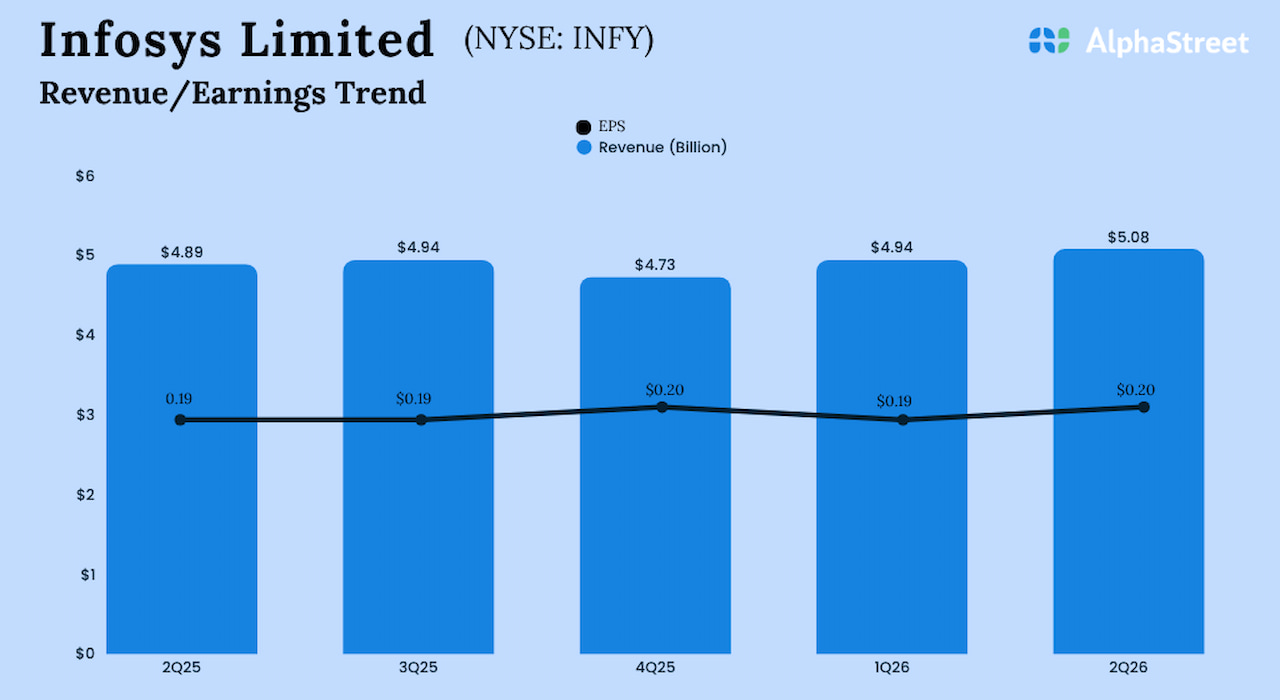If I had to start from scratch and minimize my tax bill as close to zero as possible—legally—there are five strategies I would use to achieve this, which I explain below.
These are not gimmicks. They’re straight out of the Internal Revenue Code, and I’ve helped thousands of clients use them to wipe out six and seven-figure tax bills.
Before we dive in, if you prefer to watch me explain these strategies, watch the full video here.
How Can Investors Legally Reduce Their Tax Bill to Near Zero?
There are five core strategies that make this possible:
Choose the Right Entities – Use LLCs, S-Corps, and C-Corps strategically to cut employment taxes, unlock deductions, and split income.
Qualify for Real Estate Professional Status (REPS) – Convert rental losses into active losses and use cost segregation to offset other income.
Leverage Short-Term Rentals (STRs) – When REPS isn’t available, use STR rules to create non-passive losses against W-2 or 1099 income.
Adopt the Buy–Borrow–Die Strategy – Buy appreciating assets, borrow against them tax-free, and let heirs inherit with a step-up in basis.
Max Out a Defined Benefit Plan – Shelter six figures annually with tax-deductible contributions while keeping control of your investments.
Each strategy taps into the Four D’s—Divide, Depreciate, Deduct, Delay—which are the foundation of smart tax planning. Stacking these methods can drive your effective tax rate close to zero.
Request a free consultation with an Anderson Advisor
At Anderson Business Advisors, we’ve helped thousands of real estate investors avoid costly mistakes and navigate the complexities of asset protection, estate planning, and tax planning. In a free 45-minute consultation, our experts will provide personalized guidance to help you protect your assets, minimize risks, and maximize your financial benefits. ($750 Value)
What Structure Cuts the Most Tax the Fastest?
The foundation of any tax strategy is choosing the right business entity. Most small investors begin as sole proprietors or single-member LLCs, but this is typically the worst setup for tax planning for landlords and entrepreneurs.
S-Corporations let you split income between W-2 wages and distributions. This avoids paying self-employment tax on the distribution portion. For a real estate investor who also runs property management or consulting activities, this shift alone can save thousands each tax year.
C-Corporations are powerful because they’re taxed at a flat 21% and can deduct benefits (like medical or dental) that other entities can’t. They’re especially useful for covering property management expenses, health plans, or income splitting across family members.
LLCs remain the most flexible option. An LLC can be taxed as a sole proprietor, partnership, S-Corp, or C-Corp, depending on your tax planning goals.
Extra Tax Benefits to Consider:
Paying family members for legitimate business activities can shift income into lower tax brackets.
The Augusta Rule (Section 280A(g)) lets you rent your personal residence to your business for up to 14 days per year—income to you is tax-free, and the business deducts the rent.
Using a Health Savings Account (HSA) creates a triple tax advantage: deduction on contributions, tax-free growth, and tax-free withdrawals for qualified expenses.
When done correctly, entity selection enables real estate investors to deduct expenses that a sole proprietor cannot, reduce employment taxes, and establish long-term planning strategies.
How Does Real Estate Professional Status Erase Taxes?
For investors holding long-term rentals, qualifying as a real estate professional (REPS) is one of the most powerful real estate tax strategies available. Typically, rental losses are considered passive and cannot be used to offset active income. However, if you or your spouse meet the IRS requirements, those losses become non-passive and can be used to offset wages, business income, or other earnings.
The Rules:
More than 750 hours annually in real estate activities.
More than 50% of your working time is dedicated to real estate activities.
Material participation in your rentals (not just passive ownership).
When paired with cost segregation studies and accelerated depreciation, REPS unlocks massive deductions. Instead of depreciating everything over 27.5 or 39 years, a cost study reclassifies parts of the property into shorter recovery periods—5, 7, and 15 years — for items such as flooring, appliances, landscaping, and parking lots.
Under the Big Beautiful Bill Act, bonus depreciation allows investors to write off 100% of those 15-year assets in the same tax year the property is placed in service, often resulting in a deduction equal to 30–40% of the purchase price in the first year.
Example: Buy a $2M rental property, place it in service this tax year, and conduct a cost segregation study. You could incur a paper loss of $ 800,000 or more in year one. If you qualify for REPS, that loss offsets your other active income, significantly reducing your tax liabilities.
For many landlords and real estate investors, REPS is the key to paying zero in federal taxes—sometimes even receiving refunds.
To learn more about qualifying for REP status, download our ultimate guide here.
What If I Can’t Qualify for REPS This Year?
Enter the short-term rental loophole. If your average guest stay is seven days or less and you materially participate, the IRS considers your short-term rentals as non-passive business activities, not passive rentals.
That means depreciation from a property reclassification study (commonly used by investors) can offset your W-2 or 1099 income—even if you have a full-time job outside of real estate.
Keys To Make It Work:
Document 100+ hours of participation (and more than any other party), or handle substantially all property management activities yourself.
Track tasks like cleaning, turnover, marketing, and guest communication.
Ensure your property is placed in service during the tax year to capture accelerated depreciation.
I’ve worked with doctors, consultants, and high-income professionals who bought a single short-term rental, applied an accelerated depreciation study, and erased six figures of tax in the first year. For many investors who can’t qualify for REPS, the short-term rental loophole is the most practical path to big tax benefits.
How Do I Access Cash Without Triggering Tax?
The buy–borrow–die strategy is how the wealthy live tax-free while their wealth compounds.
Buy appreciating assets (real estate, stocks, even crypto). Growth is tax-deferred until sale.
Borrow against those assets instead of selling. Loan proceeds are not taxable income, meaning you can fund property management, business activities, or personal living expenses tax-free.
Die—morbid but true. Assets receive a step-up in basis at death, wiping out capital gains tax for heirs.
Pair this with accelerated depreciation on properties placed in service, and you create paper losses today while keeping your cash flow intact. It’s one of the most effective tax advantages available to long-term investors.
Which Retirement Plan Shelters the Most Income Quickly?
For consultants, attorneys, and high-earning real estate investors, the most overlooked tax strategy is the defined benefit plan (DB plan). Unlike a 401(k), which caps contributions, a DB plan calculates what you need in retirement and allows much larger tax-deductible contributions—often in the hundreds of thousands each tax year.
When combined with a Solo 401(k) and profit-sharing, the annual deductions can exceed $500,000. That means reducing current tax liabilities by six figures while still keeping control over how the funds are invested.
A DB plan is especially powerful if you’ve had a big windfall from investing in real estate or want to reduce your tax liabilities while scaling your property management company or other business activities.
What Are the Four D’s—and Why Do They Matter?
Divide: Shift income into lower-taxed entities or family members.
Depreciate: Use cost segregation and accelerated depreciation to offset taxable income.
Deduct: Maximize deducting expenses by structuring real estate activities as real businesses.
Delay: Push tax into the future with retirement plans and installment sales.
These Four D’s are built directly into the tax code—they aren’t loopholes. They are a roadmap for reducing tax liabilities while investing in real estate and building wealth.
How Do I Stack These Into a Near-Zero Blueprint?
Structure earned income through an S-Corp (and add a C-Corp for benefits/splitting)
Acquire rentals and pursue REPS or STR status for non-passive losses
Adopt buy–borrow–die for tax-free liquidity
Shelter profits with a DB plan.
The result: A lawful glide path toward single-digit—or near-zero—effective rates.
What Should I Do Before the Next Tax Deadline?
Review entity setup and consider electing S-Corp or C-Corp status.
Plan depreciation strategies before properties are placed in service.
Determine whether REPS or the short-term rental loophole aligns with your real estate activities.
Explore a defined benefit plan to shelter a large income.
Tighten documentation: property management contracts, Augusta Rule meeting notes, family payroll logs, and STR time tracking.
Tax planning for real estate investors is not something to handle once a year at filing time—it’s a year-round discipline. Waiting until the end of the tax year often means missed elections and lost opportunities.
Want the Plan Tailored to Your Numbers?
Every investor’s situation is unique. In your free 45-minute Strategy Session, a Senior Advisor will review your return and financials, then map out a personalized zero-tax strategy. You’ll walk away knowing precisely where to apply Divide, Depreciate, Deduct, and Delay to protect assets, unlock tax advantages, and maximize after-tax income.

























